Herb gardening isn’t just a hobby; it’s a journey into the world of botanical diversity, sustainability, and self-sufficiency. In this post, we’ll delve into the practical and ecological advantages of cultivating your own herb garden, exploring everything from culinary creativity to environmental stewardship.
1. Flavorful Culinary Adventures: Growing your own herbs offers a gateway to a world of culinary creativity and flavor exploration. Beyond the convenience of having fresh herbs at your fingertips, cultivating your own garden allows you to experiment with a diverse array of flavors, textures, and aromas. Here are 10 herbs that offer a wealth of culinary possibilities:

- Basil: Known as the “king of herbs,” basil adds a sweet, aromatic flavor to Italian dishes, salads, and pesto.
- Thyme: With its earthy, slightly floral flavor, thyme is a versatile herb that pairs well with a wide range of savory dishes, from roasted meats to soups and sauces.
- Rosemary: A robust herb with a pine-like aroma, rosemary is a favorite in Mediterranean cuisine, adding depth to roasted vegetables, grilled meats, and bread.
- Mint: Refreshing and invigorating, mint is perfect for adding a burst of flavor to beverages, desserts, and savory dishes like salads and couscous.
- Parsley: More than just a garnish, parsley adds a fresh, herbaceous flavor to salads, soups, and sauces, and is packed with vitamins and minerals.
- Chives: With their mild onion flavor and vibrant green color, chives are perfect for adding a subtle kick to omelets, potatoes, and creamy dips.
- Cilantro: Loved by some and loathed by others, cilantro adds a bright, citrusy flavor to Mexican, Asian, and Middle Eastern dishes like salsa, curry, and guacamole.
- Sage: With its warm, peppery flavor, sage is a classic pairing for rich meats like pork and poultry, as well as hearty winter dishes like stuffing and risotto.
- Dill: Delicate and feathery, dill adds a fresh, grassy flavor to seafood, salads, and pickles, and is a traditional accompaniment to smoked salmon.
- Lavender: Beyond its aromatic appeal, lavender adds a subtle floral note to baked goods, teas, and savory dishes like roasted chicken and lamb.
2. Health and Wellness: In addition to their culinary allure, herbs offer a plethora of health benefits, making them valuable additions to a balanced diet. Here’s how incorporating herbs into your meals can support your well-being:
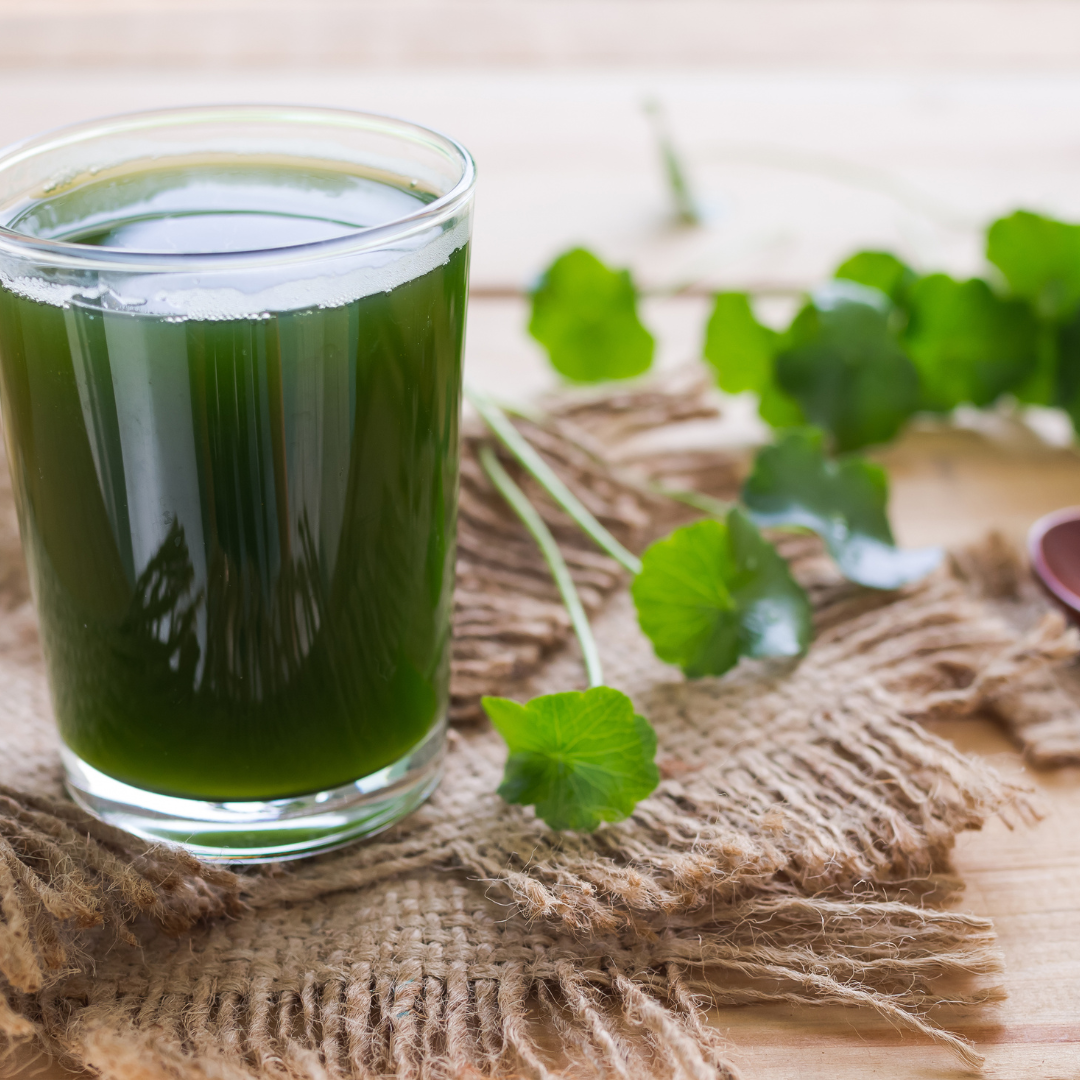
- Nutritional Value: Herbs are rich sources of essential vitamins, minerals, and antioxidants, which play crucial roles in maintaining overall health and vitality.
- Digestive Health: Many herbs, such as ginger, peppermint, and fennel, have been used for centuries to alleviate digestive discomfort, reduce bloating, and promote gastrointestinal health.
- Immune Support: Certain herbs, including echinacea, elderberry, and astragalus, have immune-boosting properties that can help protect against colds, flu, and other common infections.
- Stress Reduction: Herbal remedies like chamomile, lemon balm, and ashwagandha have been shown to have calming effects on the nervous system, helping to reduce stress, anxiety, and promote restful sleep.
3. Environmental Benefits: Beyond their culinary and medicinal value, herb gardens offer numerous environmental advantages, making them a sustainable choice for home gardeners. Here are some of the environmental benefits of cultivating your own herbs:
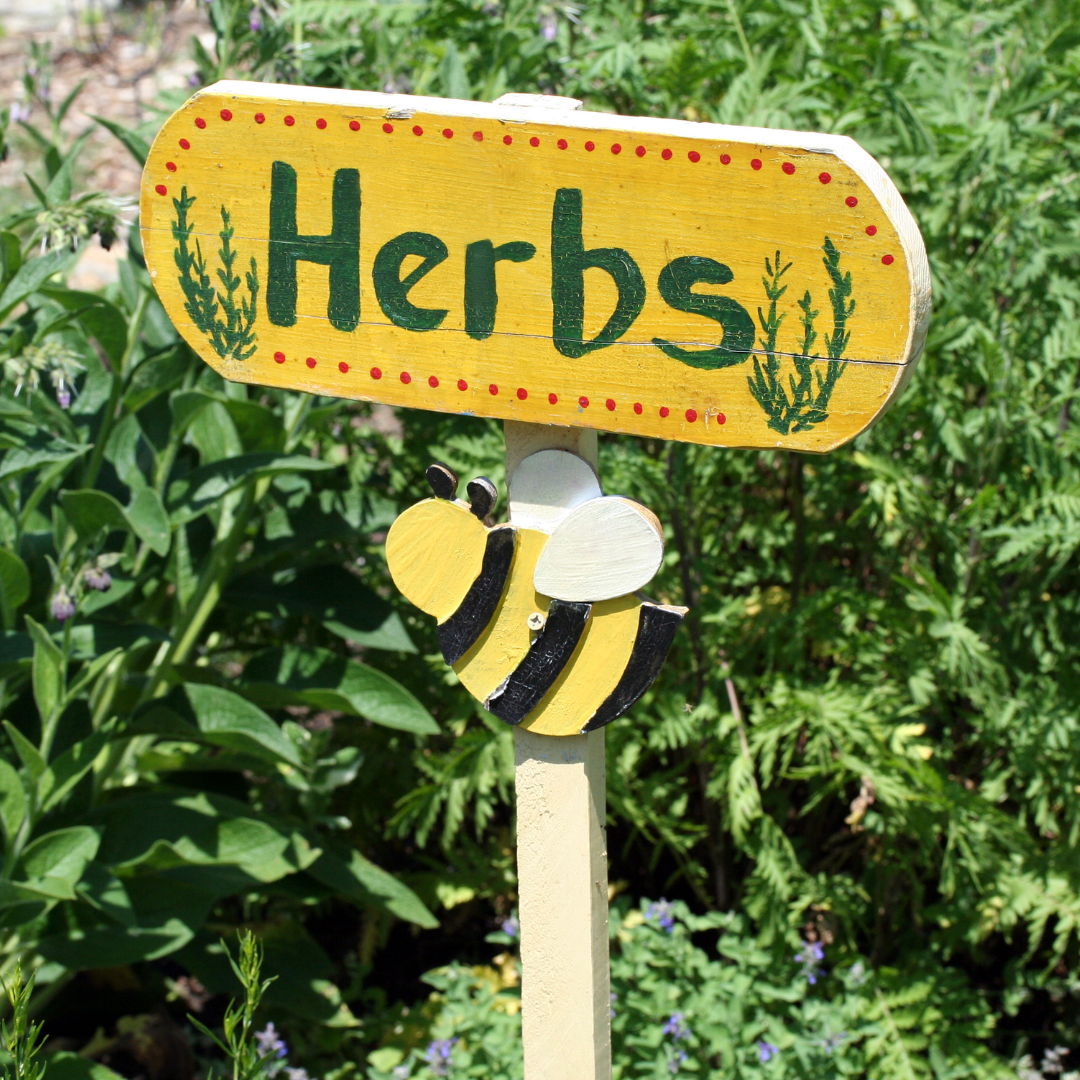
- Reduced Carbon Footprint: By growing your own herbs at home, you can significantly reduce the carbon footprint associated with transporting store-bought herbs from distant farms to your kitchen.
- Water Conservation: Herb gardens typically require less water than traditional vegetable gardens, making them a more sustainable option for water-conscious gardeners.
- Support for Pollinators: Many herbs produce flowers that attract pollinators like bees, butterflies, and hummingbirds, contributing to biodiversity and ecosystem health.
- Soil Health: Growing herbs improves soil structure, promotes microbial diversity, and reduces erosion, leading to healthier, more resilient soil over time.
4. Connection to Nature: Herb gardening offers a unique opportunity to reconnect with the natural world and foster a deeper appreciation for the environment. Here’s how cultivating an herb garden can enhance your connection to nature:
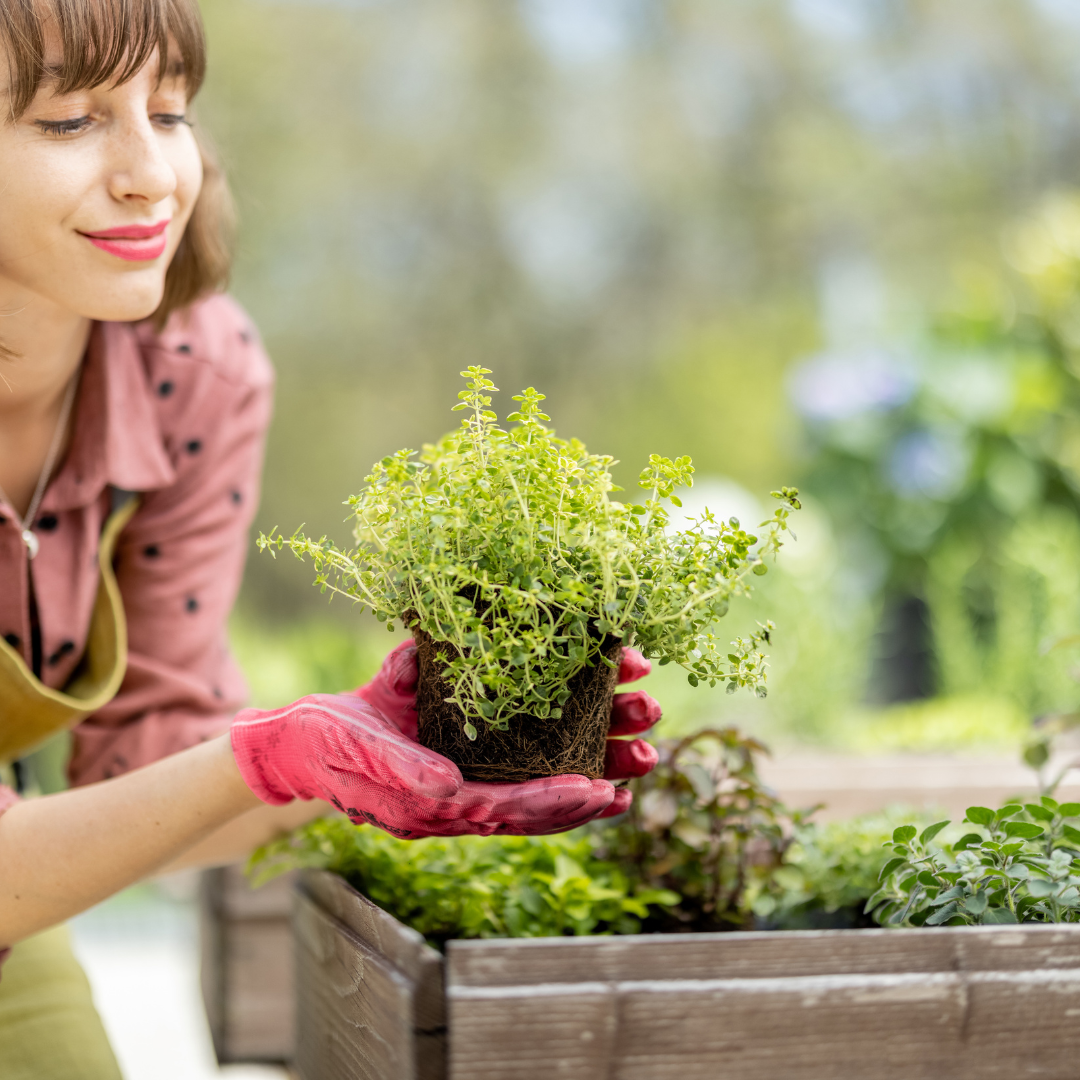
- Mindful Gardening: Tending to an herb garden encourages mindfulness and presence, allowing you to slow down, observe, and appreciate the rhythms of nature.
- Seasonal Awareness: By growing herbs outdoors, you become more attuned to the changing seasons, weather patterns, and the interconnectedness of all living things.
- Biophilic Benefits: Surrounding yourself with greenery has been shown to reduce stress, improve mood, and enhance overall well-being, making herb gardening a natural form of self-care.
5. Educational Opportunities: Herb gardening is a hands-on learning experience that offers endless opportunities for discovery and growth. Here’s how cultivating an herb garden can expand your knowledge and skills:
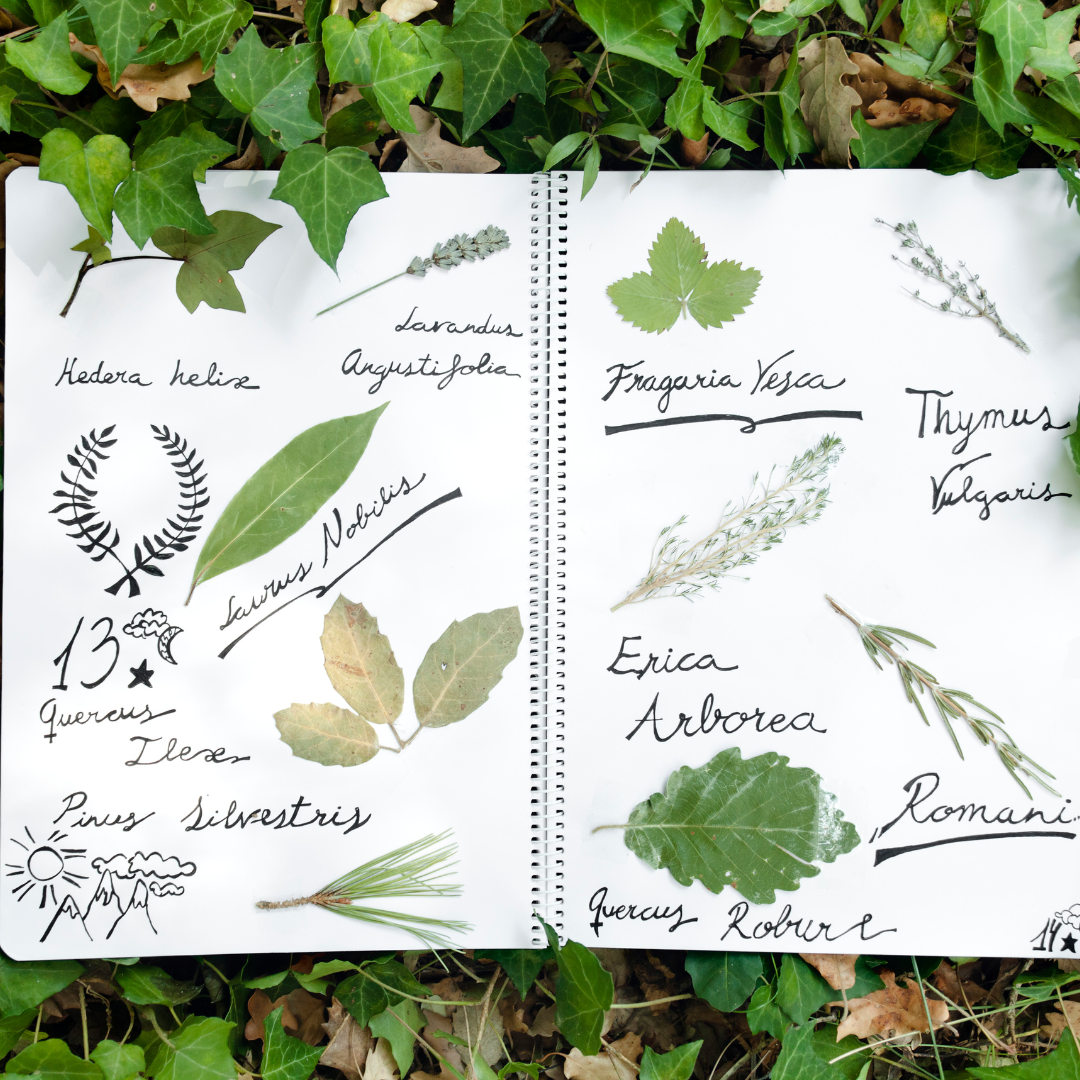
- Botanical Knowledge: Growing herbs provides a firsthand education in botany, teaching you about plant anatomy, growth habits, and the unique characteristics of different herb species.
- Culinary Exploration: Experimenting with herbs in the kitchen allows you to expand your culinary repertoire, develop your palate, and discover new flavor combinations.
- Environmental Awareness: Herb gardening fosters an understanding of the importance of sustainable agriculture, biodiversity conservation, and responsible stewardship of natural resources.
6. Practical Tips for Starting and Maintaining Your Herb Garden: Starting an herb garden can be both rewarding and challenging, especially for beginners. Here are some practical tips to help you get started and ensure your herb garden thrives:
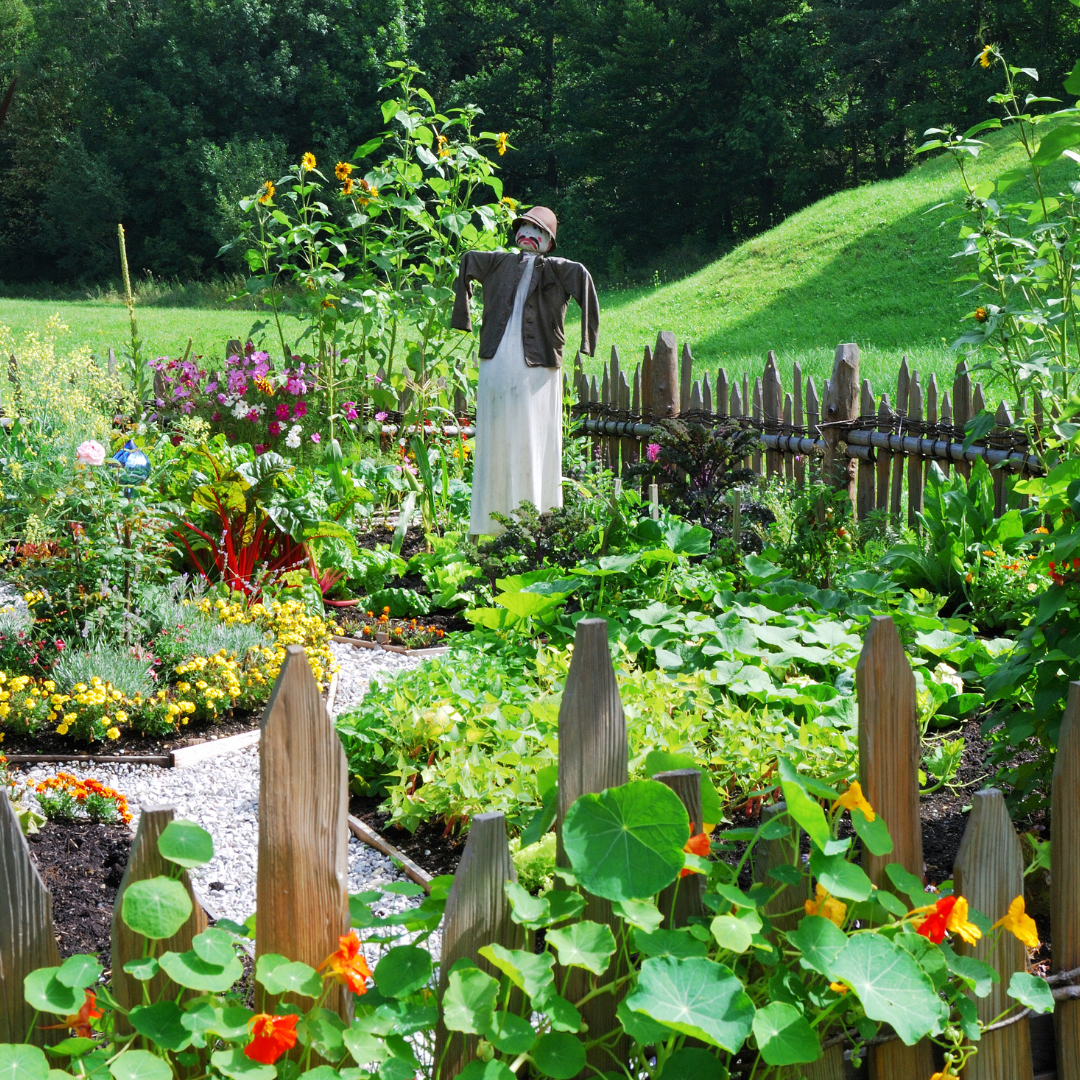
- Choose the Right Location: Select a sunny spot for your herb garden, as most herbs prefer full sun. If you’re limited on space, consider container gardening on a balcony or windowsill.
- Prepare the Soil: Herbs thrive in well-drained soil with good aeration. Amend heavy clay soils with organic matter like compost or aged manure to improve drainage and fertility.
- Select the Right Herbs: Choose herbs that are well-suited to your climate and growing conditions. Consider factors such as sunlight, water requirements, and space constraints when selecting herbs for your garden.
- Planting and Spacing: Follow spacing recommendations for each herb to ensure proper air circulation and minimize competition for nutrients. Plant taller herbs like rosemary and sage towards the back of the garden and shorter herbs like thyme and oregano towards the front.
- Watering: Herbs have different water requirements, so it’s important to water them appropriately. Generally, most herbs prefer evenly moist soil, so water them when the top inch of soil feels dry to the touch.
- Pruning and Harvesting: Regular pruning encourages bushy growth and prolongs the harvest season. Harvest herbs in the morning when their essential oils are most concentrated, and use sharp scissors or pruners to avoid damaging the plant.
- Pest and Disease Management: Keep an eye out for common pests like aphids, spider mites, and caterpillars, and take steps to control them naturally, such as handpicking, spraying with insecticidal soap, or attracting beneficial insects. Practice good garden hygiene to minimize the risk of disease, such as cleaning tools regularly and rotating crops.
- Fertilizing: Most herbs are relatively low-maintenance and don’t require heavy fertilization. However, a light application of compost or a balanced organic fertilizer in the spring can help promote healthy growth and abundant harvests.
By following these practical tips, you’ll be well on your way to growing a thriving herb garden that provides fresh flavors and fragrances year-round.
Conclusion: In conclusion, cultivating your own herb garden is not just about growing plants – it’s about cultivating a deeper connection to the natural world, embracing the flavors of the earth, and nourishing your body and soul. Whether you’re a seasoned gardener or a novice enthusiast, there’s never been a better time to start your own herb garden. So roll up your sleeves, dig in the dirt, and let the green magic begin!
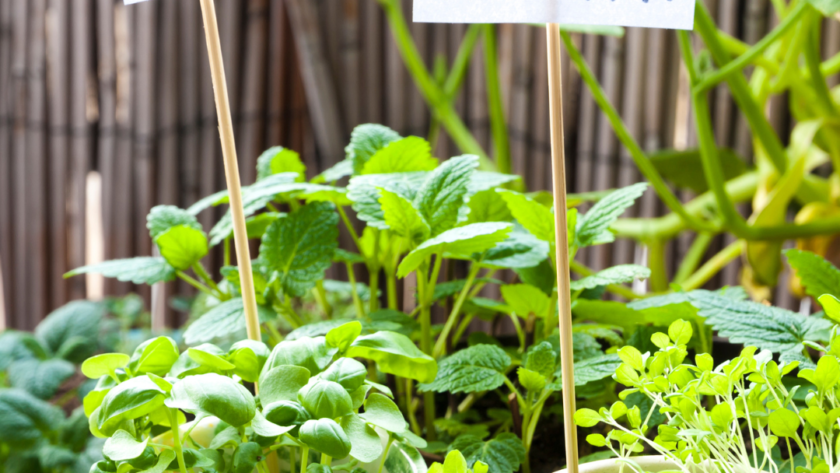



I love growing herbs to cook with. I’m a life of spice cooker, lol. Thank you so much for your visit and comment.
I can’t wait to plant these!! What a great read! I will have to follow the tips to make sure I can keep them alive.